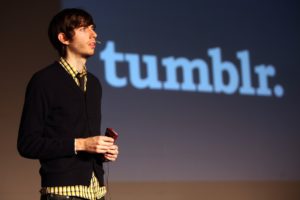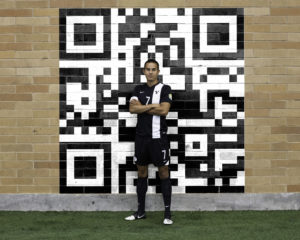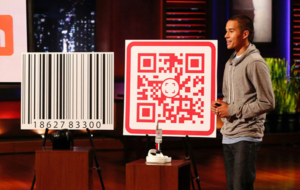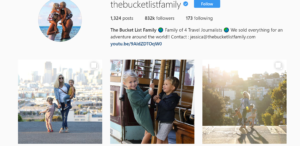
Josh Bruno is an inspiring entrepreneur because of his role as the co-founder of Hometeam, app that pairs home health aides with seniors in need of care. When Josh’s grandmother died, leaving his 93-year-old grandfather in need of care, Josh realized that in-home caregivers and nursing homes were all inefficient ways of taking care of his elderly grandfather.
So Josh created Hometeam. Hometeam is known today as the most reliable in-home care giving option for seniors and their families, giving a full healthcare team and a preprogrammed iPad to each customer in order to not only provide excellent senior care but also anticipate potential problems before they happen.
Although this idea is hard to grasp for most young people, Josh understood the hardships of looking for a safe and reliable way for an older relative to be taken care of in their old age. Instead of accepting defeat when the nursing homes and in-home care givers were sub par to his expectations, Josh decided to create a more efficient method for people to search for reliable care giving options.
I personally liked this idea a lot because I have seen the lifeless state that many nursing homes are in and I have had a relative that had to go through the experience of living in a nursing home. From my experience with nursing homes, I have been disappointed in the quality of care they supply to elderly people and I am happy that someone has finally come up with a solution to this problem.




 experience, Ross decided to make a more streamlined browser, and the Mozilla Project was born. The first software in the suite and in many ways the flagship development, Firefox, was immensely popular, and became the first real competitor to Internet Explorer. Other popular software developed by Ross include Thunderbird, the mail program in the Mozilla suite, and Parakey, a separate program that he sold to Facebook for a large profit.
experience, Ross decided to make a more streamlined browser, and the Mozilla Project was born. The first software in the suite and in many ways the flagship development, Firefox, was immensely popular, and became the first real competitor to Internet Explorer. Other popular software developed by Ross include Thunderbird, the mail program in the Mozilla suite, and Parakey, a separate program that he sold to Facebook for a large profit.












